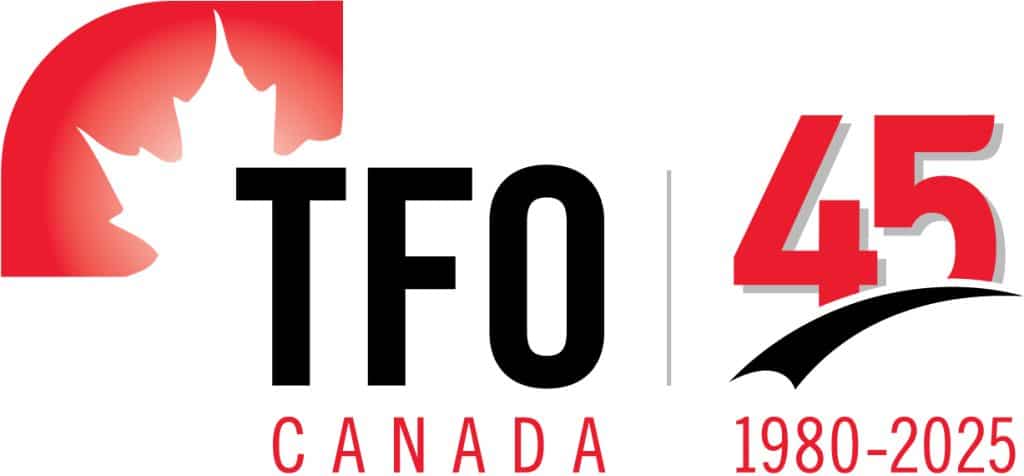U.S. and Colombia resolve deportation standoff, averting tariffs on key exports
In a recent development that has caught the attention of the high-tech greenhouse industry, President Donald Trump announced a series of measures against Colombia, including imposing tariffs and sanctions, following the South American country’s refusal to allow US military planes carrying deported migrants to land. The situation escalated quickly with Trump stating tariffs “on all goods” from Colombia would be implemented “immediately,” escalating to 50% after one week. In retaliation, Colombian President Gustavo Petro announced a 25% tariff on US goods. However, the confrontation has been de-escalated as both nations reached an agreement, with Colombia consenting to accept deported migrants, including those on US military aircraft, under conditions that ensure their dignity and respect.
The initial refusal by Colombia to accept deportation flights was based on President Petro’s stance that migrants should not be treated like criminals and must be returned “with dignity and respect.” This led to a significant diplomatic standoff, with Trump announcing “urgent and decisive retaliatory measures,” including a travel ban and “immediate visa revocations” for Colombian officials, as well as enhanced inspections of Colombian nationals and cargo. Despite the harsh measures, the White House later announced that the tariffs and some sanctions would be “held in reserve, and not signed,” following Colombia’s agreement to Trump’s terms on the deportation of migrants.
This resolution comes as a relief to industries reliant on bilateral trade, including the high-tech greenhouse sector, which could have been adversely affected by increased tariffs on Colombian goods such as coffee, bananas, and flowers.
To read the full article, please visit U.S. and Colombia resolve deportation standoff, averting tariffs on key exports. Published on January 27, 2025.
